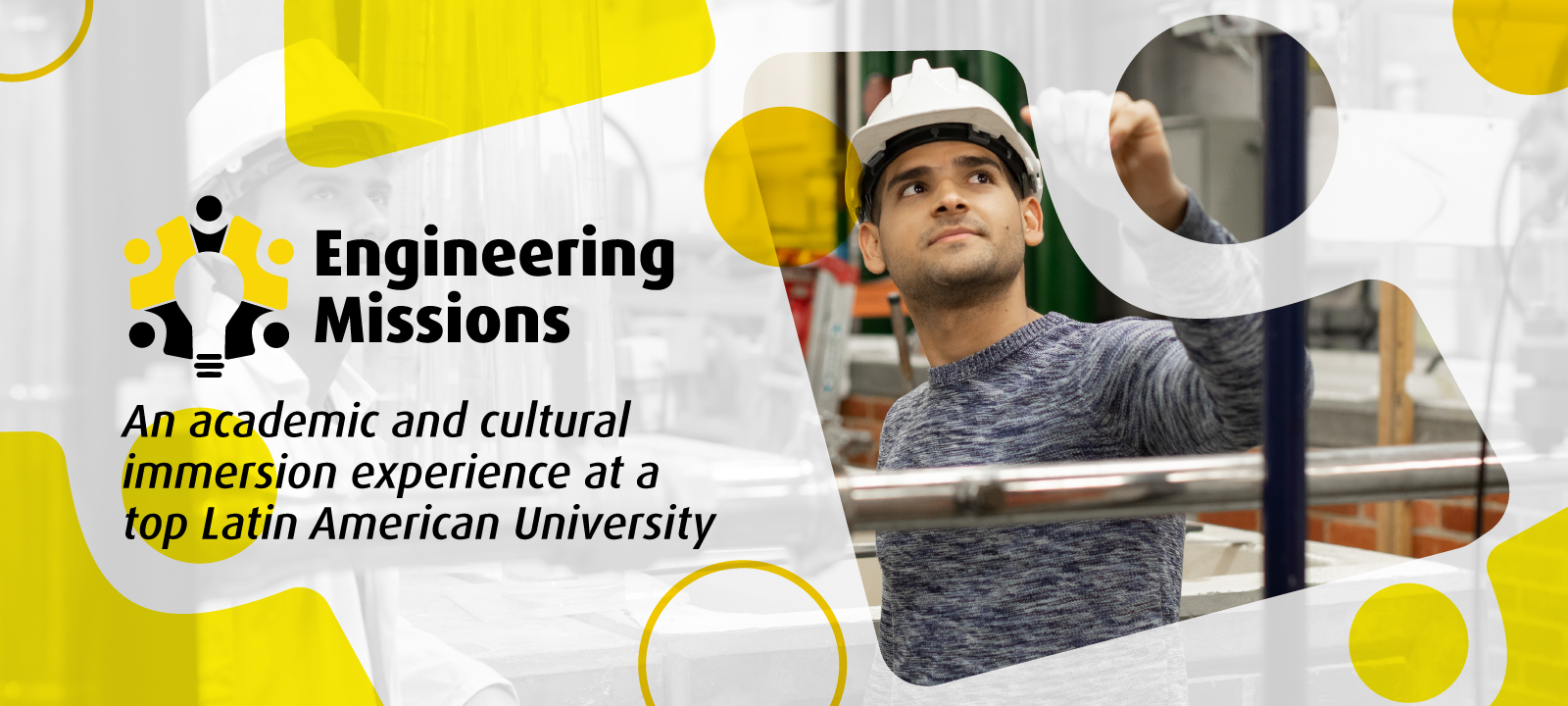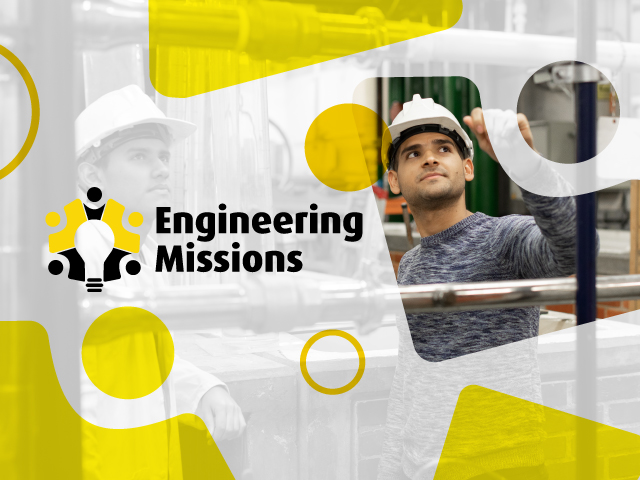Engineering academic missions
We present our Missions catalogue for undergraduate students who wish to gain practical experience in impactful and relevant engineering topics. During a week of academic and cultural immersion, participants will tackle a challenge in a specific discipline through:
- Lectures with faculty professors.
- Hands-on practices in the Engineering laboratories.
- Field trips.
- Activities at our sports center.
- Cultural visits.
How can you enroll?
We can accommodate Engineering Academic Missions at any time of the year upon request by the interested educational institution. We require the participation of a minimum of 15 students, accompanied by a professor. Participation grants certification through our Educacion Continua office. For more information on enrollment and the specific schedule of each mission, please contact us at [email protected]
Discover the Academic Missions catalogue
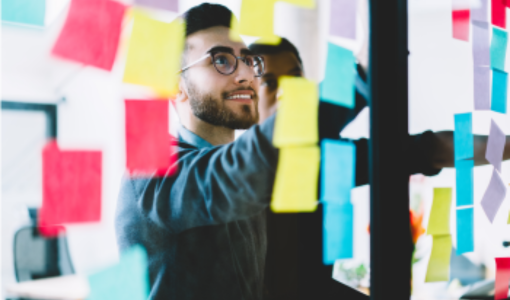
In this mission, students will immerse themselves in the Department of Industrial Engineering, where its graduates have led 11 of the 40 start-ups that have raised the most capital in the country's history. Some of these include the unicorns Habi and Frubana, which reported revenues of US$85.1M and US$63M respectively by 2023. Additionally, this mission will be guided by Professor Felipe Montes, who leads the start-up Kravata, categorized among the top 100 start-ups in Colombia by Forbes magazine in 2023.
Participants will engage in workshops, have the opportunity to converse with experts and founders of start-ups, and ultimately pitch their own business ideas.
Initially, students will learn about the factors to consider when creating or designing a start-up. Subsequently, they will work in workshops that will help them translate their ideas into concrete solutions, considering the impact these solutions can generate.
Additionally, students will learn the metrics used in the industry to assess product adoption and performance. Finally, they will structure a business model identifying resources and capabilities for a differentiated value proposition.
Complementing academic activities, participants will have the opportunity to converse with company founders and experts in product design and organizational strategy.
Cultural and well-being activities will also be linked to business experiences. Students will act as market sensors, identifying similarities and differences in people's behavior, product offerings, and market conditions.
Activities will be supported by resources from the Integrated Learning Environments of Industrial Engineering, where they will be accompanied by professors, industry experts, and students, who will share cutting-edge experiences and methodologies in the world of Innovation and Entrepreneurship.
Faculty in charge:
- Felipe Montes ([email protected])
- Ricardo Hernández ([email protected])
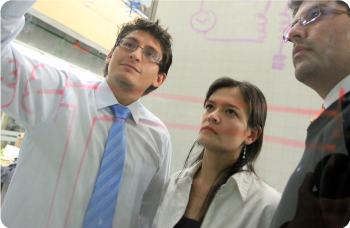
Welcome to our academic immersion in the fascinating world of financial analytics and investment management! During this week, we will explore in-depth key topics including financial analytics, leadership in the banking sector, investment portfolio management, algorithmic trading, data analysis, and the constant pursuit of profitability.
First, we will learn to use advanced tools and techniques to analyze financial data, evaluate investment performance, and make informed decisions in the financial arena. Subsequently, we will delve into the crucial role of leadership in the banking sector, examining how financial leaders can drive growth and innovation in a highly competitive and regulated environment.
Investment portfolio management will be another fundamental aspect of our program, where we will explore diversification strategies, asset allocation, and risk management to maximize investment returns and protect financial assets.
We cannot overlook algorithmic trading, an increasingly relevant discipline in global financial markets. We will learn about the design, implementation, and optimization of automated trading algorithms that leverage large volumes of data to execute operations efficiently and profitably.
Finally, we will analyze how data has become an invaluable asset and how it can be used to identify trends, make strategic decisions, and improve investment profitability.
Join us and prepare to acquire knowledge and skills that will take you to the next level in your career in the financial world!
Faculty in charge:
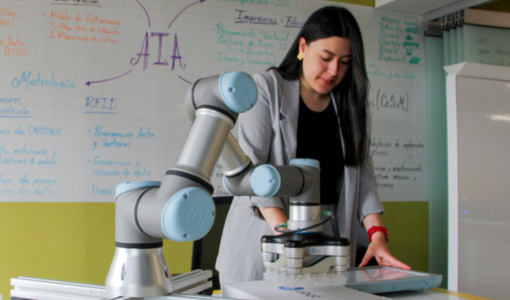
Welcome to our academic immersion in the fascinating world of Industry 4.0 and Lean Six Sigma! During this week, we will explore key topics including cyber-physical systems, cobots (collaborative robots), additive manufacturing, Lean Manufacturing, and Six Sigma.
First, we will learn the fundamentals of one of the most impactful methodologies currently for process improvement. Subsequently, we will emulate an assembly line for the production of low-consumption products proposed in the laboratory, leveraging this line to use some Lean and Six Sigma tools. Around this line, we will work to solve a problem and understand the utility of Industry 4.0 for this purpose.
We will develop a real (or simulated) prototype demonstrating the functionality and benefits of the proposed solution. Finally, we will prepare a final presentation summarizing the project, the development process, the results obtained, and the impact in terms of sustainability and efficiency.
We hope you enjoy this unique and enriching experience that will prepare you to face the challenges of the labor world with confidence and success!
Faculty in charge:
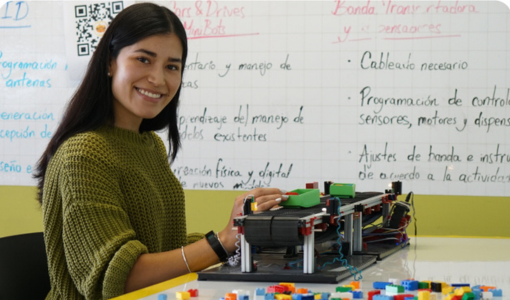
You will participate in a "Bootcamp" where you will work on the tactical and operational design of a logistics distribution network. You will formulate a mathematical model to make the optimal design of the network and develop a simulation model to evaluate the proposed design. At the end of the week, you will present a decision-making tool that synthesizes the results of the models.
Additionally, you will develop your ideas with the support of professors and researchers from the research groups: Center for Optimization and Applied Probability (COPA) and Production and Logistics (PYLO). They will share with you the potential of cutting-edge methodologies in logistics, simulation, and optimization topics.
Faculty in charge:
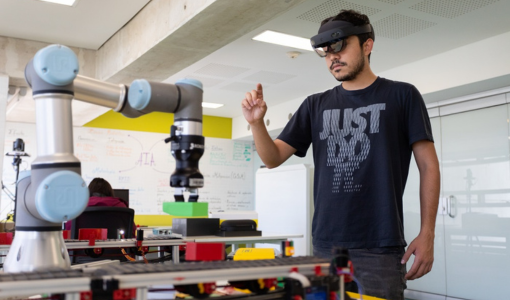
This mission is an immersion experience in cutting-edge Industrial Engineering. Participants will engage in activities where they will characterize and describe a topic relevant to the profession, as well as identify challenges and tools to generate innovative solution proposals.
They will participate in a boot camp where they will work in teams identifying a challenge and creating a product that meets functionality requirements. At the end of the week, they will present their solution proposal in a poster session.
In a "lightning" format, your team will undergo total immersion in Design Thinking, Modeling and Simulation, Rapid Prototyping, Optimization, and Cost Structure activities. Finally, they will participate in a session where they will pitch their proposal.
Activities will be supported by resources from the Integrated Learning Environments of Industrial Engineering associated with the Optimization and Applied Probability groups, along with those of Production and Logistics. Participants will be accompanied by professors and students who will share the potential and cutting-edge methodologies in the proposed topics.
Faculty in charge:
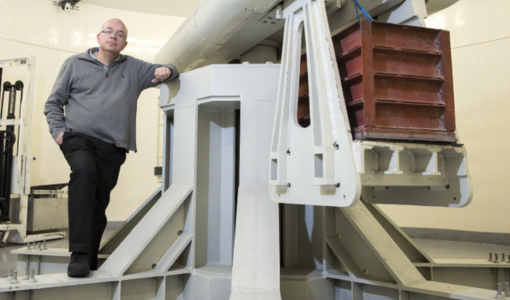
Discover the potential of centrifuge physical modeling to study the behavior of geotechnical works! Physical modeling using centrifugal machines allows studying the behavior of various types of geotechnical works through scaled-down models. This technique accelerates the study time, allowing simulating long-term behavior in a short period.
This mission will address the basic principles of centrifuge modeling, explain the necessary scaling relationships, the processes for model preparation, and the use of instrumentation to measure physical variables. Additionally, it will detail how to model different geotechnical works such as shallow and deep foundations, excavations, and underground works, among others.
After presenting the principles and modeling of works, students will be able to design a scaled-down model of a geotechnical work, manufacture it, and test it on the centrifuge machine. Subsequently, they will interpret the results and compare them with the predictions of recommended theoretical models.
Join us and get ready to embrace the potential of physical modeling through the use of scaled-down models.
Faculty in charge:
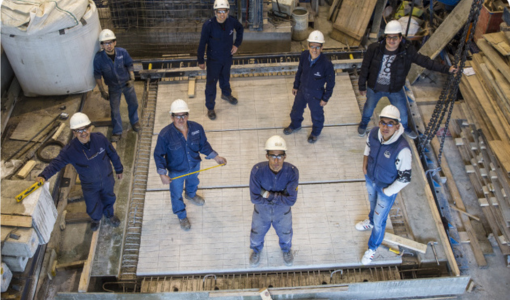
Civil engineering students are about to immerse themselves in an experience that will allow them to explore the most exciting fundamentals and challenges of their discipline!
We will start our academic immersion by exploring soil ingeniously. In this fascinating topic, you will learn to use innovative experimental techniques to understand soil behavior.
We will then move on to "Vibrations in Action: Dynamic Response of Structures" where you will learn to analyze structures considering dynamic factors, preparing you to face real-world challenges in structural engineering.
But our mission goes beyond construction; we will also dedicate ourselves to "environmental rescue: mitigating the impacts of construction." As civil engineers, it is our duty to protect and preserve our natural environment. Through laboratory practices, you will learn how to minimize the environmental impacts of construction activities and contribute to sustainable development.
During this academic immersion, you will have the opportunity to work in state-of-the-art laboratories, where you can apply the concepts learned in a controlled and safe environment. From soil tests to material analysis, these laboratory experiences will provide you with practical skills that will be invaluable in your professional career.
Join us and get ready to acquire knowledge and skills that will take you to the next level!
Faculty in charge:
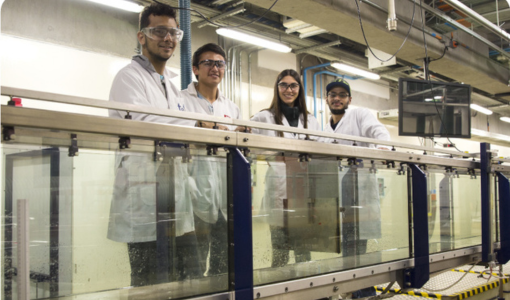
Discover the potential and use of field measurements in Environmental Hydraulics applications!
During the mission, we will explore topics of environmental hydraulics, fluvial hydraulics, monitoring and analysis of water quality, and the use of advanced technologies such as drones and GIS.
We will have measurements in hydraulic and water quality laboratories and a field trip to the Teusacá River, a mountain river of the Andes mountain range near the city of Bogotá. After master classes, we will have the opportunity to experiment with different sensors for monitoring water level, flow, and water quality in the laboratory before heading out to the fieldwork.
During this experience, we will explore the basic principles of sensors and their use in environmental hydraulics and water quality applications, complemented by the use of drones and remote sensors in fluvial hydraulics and river engineering applications, obtaining aerial images of the river and using geographic information systems (GIS) for spatial analysis of the collected data.
Back at the University in the laboratory, students will conduct practical experiments to analyze water samples and evaluate parameters with sensors designed by themselves. In this process of developing a challenge, they will use advanced technologies to study the behavior of hydraulic structures in turbulence, quantity, and quality of water.
In summary, this academic mission offers a unique combination of theoretical and practical learning, addressing concepts of environmental hydraulics, water quality, use of advanced technologies, and field and laboratory experience, in order to acquire skills in monitoring and use of sensors and technology for the measurement of different hydraulic parameters and water quality determinants.
Faculty in charge:
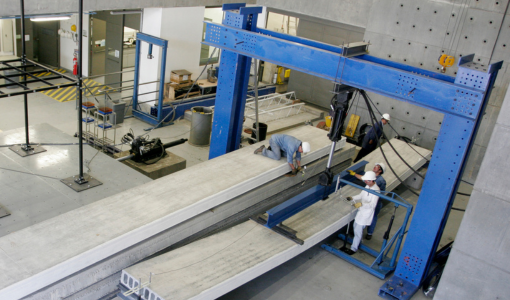
This mission will address the theme of Sustainable Construction: its importance, fundamentals, future challenges, and tools to address them. An active methodology will be used based on presenting the context and identifying specific challenges for their consolidation in developing countries.
During the mission, collaborative work sessions will be held with professors and students from Uniandes, using simulation resources and specialized civil engineering and environmental engineering laboratories. Participants will select challenges that will motivate their learning of advanced modeling tools and laboratory experimental activities. Their analyses of possible solutions to the challenge will be shared in a poster session at the end of the mission.
Field and cultural outings, including the historic center of Bogotá, are an ideal complement to the mission's theme, as they allow contrasting aspects of challenge solutions with the reality of urban development and preservation of the city's historical heritage.
Faculty in charge:
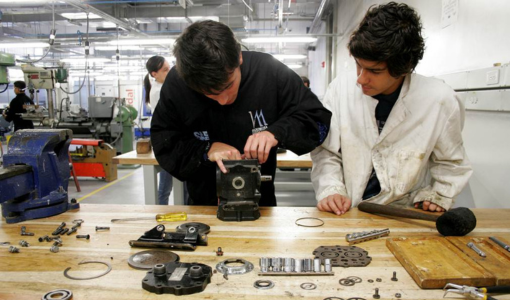
A week of immersion where students will experience iterative design methodology DBTL (design-build-test-learn) to promote innovation and understand topics related to the design and prototyping of simple machines, while solving social, cultural, and environmental challenges. The mission is based on working on challenges, guiding participants' work with the support of Uniandes professors and students.
During the mission, participants will use the specialized laboratories of Mechanical Engineering and Electronic Engineering, where they will share with students who integrate robotics groups (Robocol and CinfonIA) and groups specialized in electric and human-powered vehicle (BTA, VTE, and VTH). There, they will build functional prototypes illustrating their proposed solutions to the challenges posed, which they will present at a closing fair of the mission.
As a complement, the mission includes cultural activities to learn about the Colombian context, broaden their vision in their fields of study, and exchange ideas that will allow them to develop skills for their personal and professional growth.
Faculty in charge:
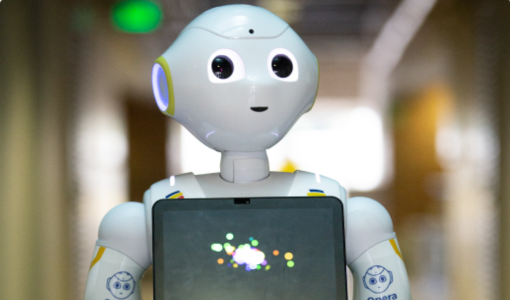
You will participate in a course where you will learn the basic fundamentals of mobile robotics and manipulators. You will formulate mathematical models that describe the movement and dynamics of each of the robot trajectories in real-time and put them to the test on physical robots and in simulation. At the end of the week, you will present a practical workshop where you can control a real robot through ROS. Additionally, you will develop your ideas with the support of professors and researchers from different departments of the engineering faculty such as mechanical engineering, systems engineering, and electronic engineering. They will share with you the potential of cutting-edge methodologies in the robotics and machine learning topics.
Faculty in charge:
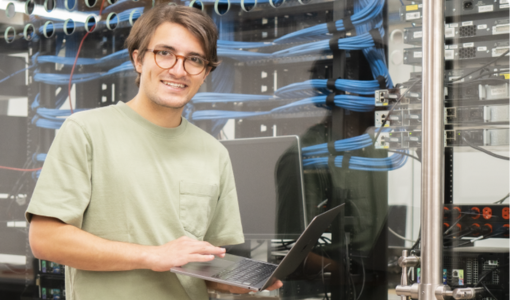
The Internet of Things (IoT) is undoubtedly one of the greatest enablers to achieve a sustainable, inclusive, and reliable future. Through the IoT, physical infrastructure can be connected to software systems to generate valuable information for decision-making in organizations and society in general.
The offering of courses and talks on this topic is not negligible; however, most of them offer a fragmented view of the challenges of IoT system development, focusing either on the assembly of physical devices or on the manipulation of collected data, typically in the cloud. For this reason, this course aims to provide a holistic view of IoT system development, starting from the selection of physical devices, the design of communication infrastructure and software architecture, and ending with the implementation and testing of such systems.
In the near future, traditional methods will not be scalable, secure, and maintainable enough to address the development of systems that include millions of devices deployed in the environment and among people. Therefore, in this course, we will address engineering best practices in the development of different dimensions of IoT systems (hardware, communications, and software), striving for their quality.
Faculty in charge:
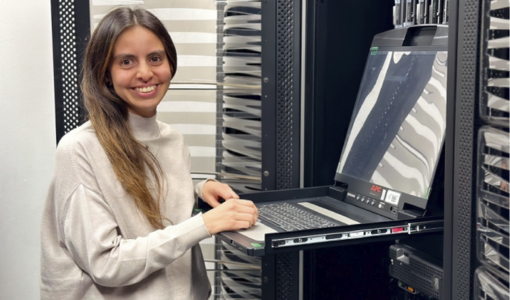
This course aims to enable students to clearly express the capabilities of cloud products, services, and the impact of Cloud Computing on the digital transformation of organizations. This training process allows them to acquire and develop knowledge and experience of basic concepts of cloud computing and how products and services of a public cloud provider can be adopted to achieve an organization's objectives.
Unveiling the power of the cloud is aimed at students seeking a general understanding of cloud computing concepts, regardless of a specific technical role. This course provides a wide range of knowledge, products, services, tools, functions, benefits, and practical application cases of the cloud in the business context, focusing on solution design.
To unveil the power of the cloud, we will explore different aspects of the cloud offering, such as cloud advantages and challenges, the economic model of the cloud, and billing strategies. Additionally, we will understand why the cloud provides us with global reach in a matter of minutes due to its infrastructure, analyze challenges such as cloud security, and commitments like the shared responsibility model. Finally, we will focus on highly technical aspects such as cloud computing capabilities, cloud storage and database offerings, data networks, along with design principles and good architecture to deploy reliable and scalable solutions in the cloud.
Faculty in charge:
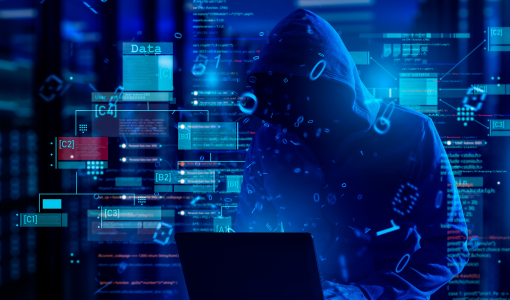
The increasing cybersecurity threats affecting users and organizations require more people with knowledge in cybersecurity. This course aims to provide the necessary tools for students to protect themselves and help protect organizations from cybersecurity risks they are exposed to.
The course presents fundamental concepts in the area of information security and cybersecurity and best practices to minimize the impact of the most common security issues on personal computers and local networks. To unveil the power of good practices, we will first explore the current security context, the most recent attacks, and their impact on individuals and organizations. Then, we will explore the fundamental security requirements, the main challenges, and the best practices to meet these requirements.
At each step, we will analyze the role of tools in the successful assurance of a network and computer system's security. We will also analyze the role of people, as their participation in any security scheme is fundamental to its success.
Faculty in charge:
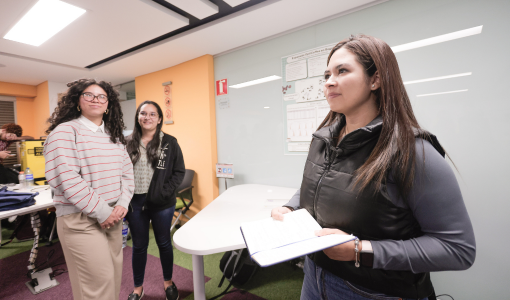
Would you like to be a leader in your future professional career as an engineer? We invite you to participate in a 5-day immersive experience in engineering leadership competencies, enjoying our campus. You will participate in "hands-on" activities where you will practice the competencies of leading engineers facing challenges in changing environments that require transformation skills.
During the mission, you will develop your ideas with the support of professors from the Department of Industrial Engineering and the director of the engineering leadership program. They will share with you the potential and cutting-edge methodologies in the proposed topics. We invite you to see what we do in the Engineering Leadership Program | Uniandes.
In a "lightning" format, your team will undergo a total immersion in engineering leadership activities, teamwork, prototyping, sensemaking, and roadmapping. Finally, you will participate in a session where you will share the proposal in a pitch.
The main creation scenario will be our facilities where engineering leadership laboratories will be held, and you will have at your disposal the other spaces and library offered by the Faculty of Engineering at Universidad de los Andes. Additionally, take a look at the laboratories in our Engineering building: 360 tour.
Faculty in charge:
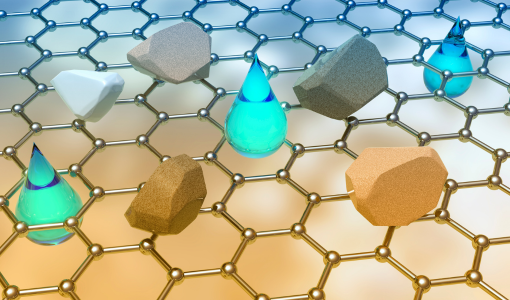
Controlling complex systems has always been a significant challenge in engineering. Particularly, controlling the trajectory of objects, and in this particular case, that of swimming robots, constitutes a system of great interest to perform different implementations and evaluation of control systems.
The Universidad de los Andes has developed a technology based on swimming robots that have nanotechnological characteristics for water treatment, as part of the fourth generation of nanotechnologies. These robots involve propulsion systems with DC motors, embedded electronic systems, IoT communication systems to deploy their information via Wifi, energy storage systems, sensors for water monitoring, and nanocomposites for the adsorption or degradation of contaminants in water.
The use of these robots aims to optimize water treatment, but for this, significant work is necessary in the search for the best control algorithms to establish optimal trajectories minimizing the energy resources needed, while they can also feed on information from the sensor system that establishes aquatic areas with a higher concentration of contaminants. In the near future, these robots can work collaboratively, thus contributing to the fourth industrial revolution from various technological fronts.
Faculty in charge:
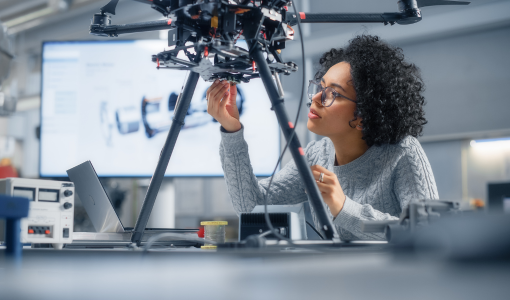 Are you looking for something different?
Are you looking for something different?
Share your needs with us, and together we will design the ideal academic mission for your students!
We can collaborate on an itinerary that aligns with the specific objectives of your institution.
